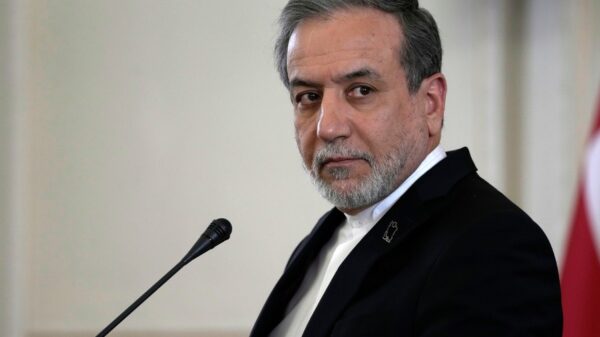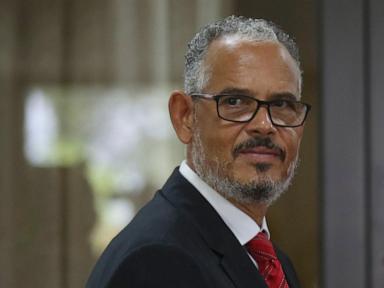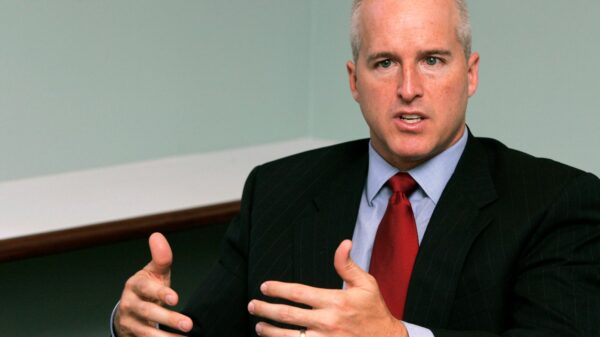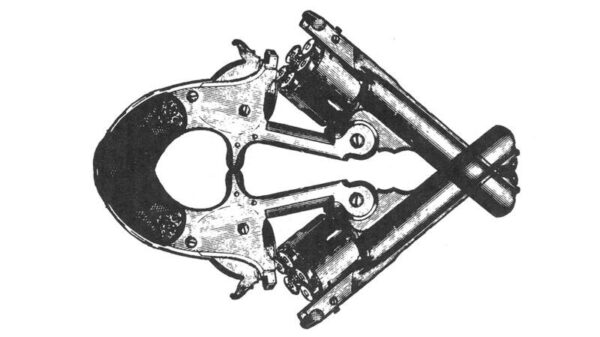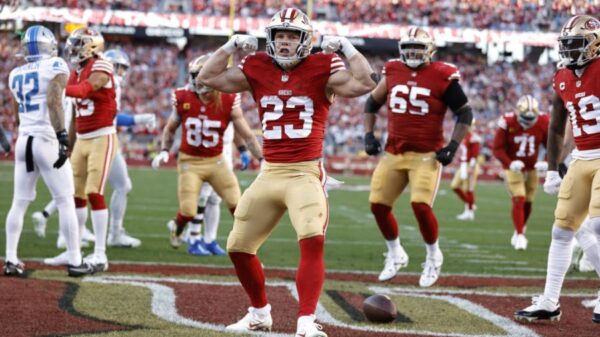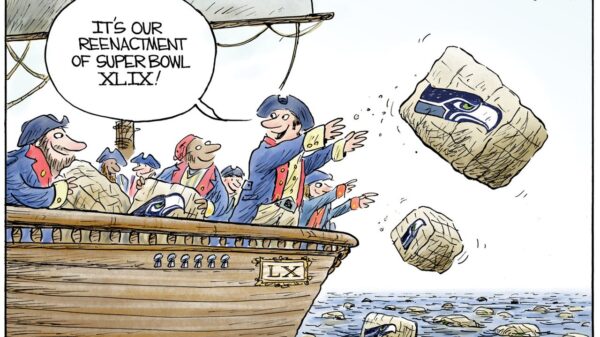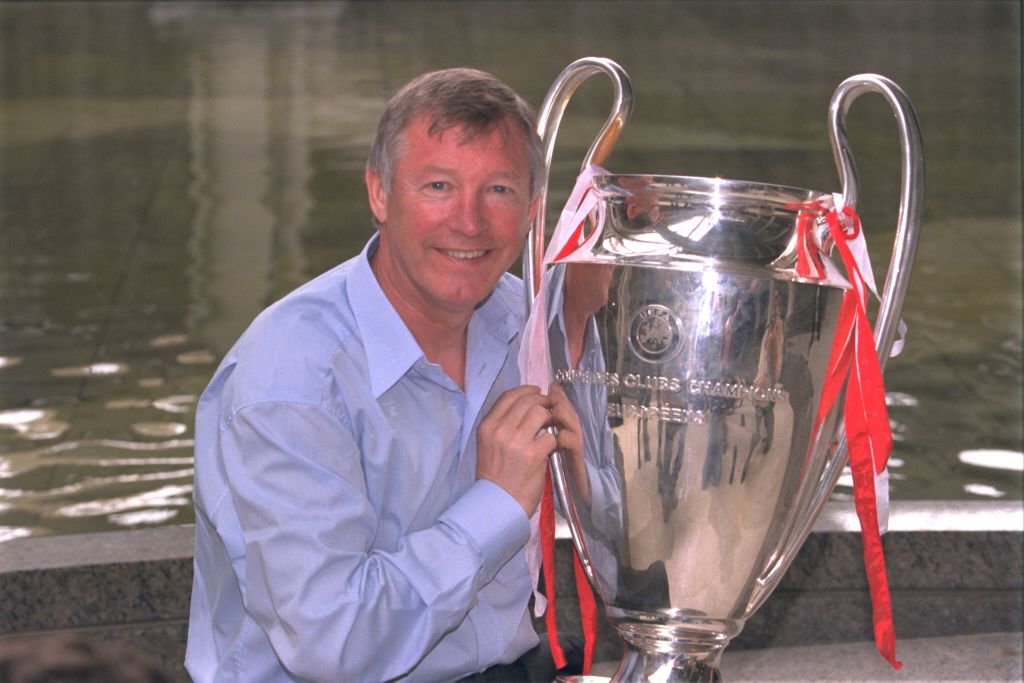When Sir Alex Ferguson announced his retirement as Manchester United manager in May 2013, it marked the end of an era for the club. Ferguson, who had led United to an impressive 13 Premier League titles, five FA Cups, and two Champions League trophies, had established the team as a global powerhouse. Following such a long period of success, the challenge of finding a suitable successor loomed large.
Javier Hernandez, a Mexican striker who joined the club in 2010, was part of the squad during Ferguson’s last days at Old Trafford. Reflecting on the transition, Hernandez stated, “For me, he was the best because in 27 years at that club, he changed not only players but the coaching staff and still delivered results.” His comments highlight Ferguson’s profound impact not just on player performance but on the overall culture of the club.
Hernandez expressed his surprise at Ferguson’s decision to retire, noting the shock within the team. “There had been rumours the day before in our group chat, but we found out when we arrived at Carrington the next morning,” he recalled. Ferguson informed the players that he would step down following the death of his wife’s sister. According to Hernandez, the team recognized that this marked the beginning of challenging times for Manchester United.
The former striker emphasized that attempting to replicate Ferguson’s unique approach was misguided. “Trying to get another Sir Alex Ferguson was the wrong move, in my opinion. They should have tried something different. Sir Alex was way more than a manager. It was a crucial moment,” he remarked. Hernandez’s sentiment reflects a broader concern regarding the club’s succession planning.
During his five years at Old Trafford, Hernandez witnessed significant changes post-Ferguson. “The culture was the biggest change,” he explained. “When you went into Carrington, it felt like a family. Everyone was happy to be there.” He described the environment under Ferguson as one of high standards and unity, involving not just players and coaching staff but everyone associated with the club, including the youth academy and support staff.
After Ferguson’s departure, the transition to David Moyes as manager brought about a shift in this culture. Hernandez pointed out that the expectations were misaligned, stating that the new manager sought to implement changes that did not resonate with the established ethos of the club.
Hernandez’s experiences at Manchester United illustrate the complexities involved in transitioning from a legendary figure like Sir Alex Ferguson. His insights offer a glimpse into the challenges that clubs face when trying to maintain a winning culture and identity after such a pivotal change. The lessons from Ferguson’s tenure remain relevant as Manchester United continues to navigate its path in the competitive landscape of football.







